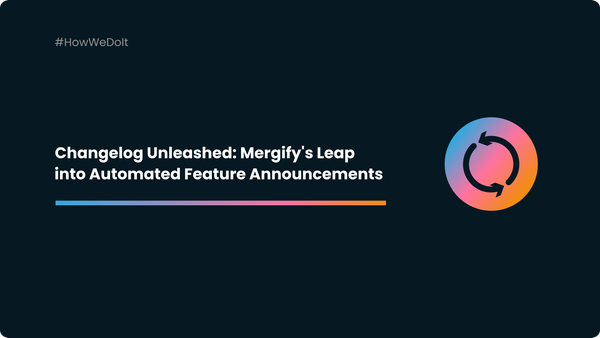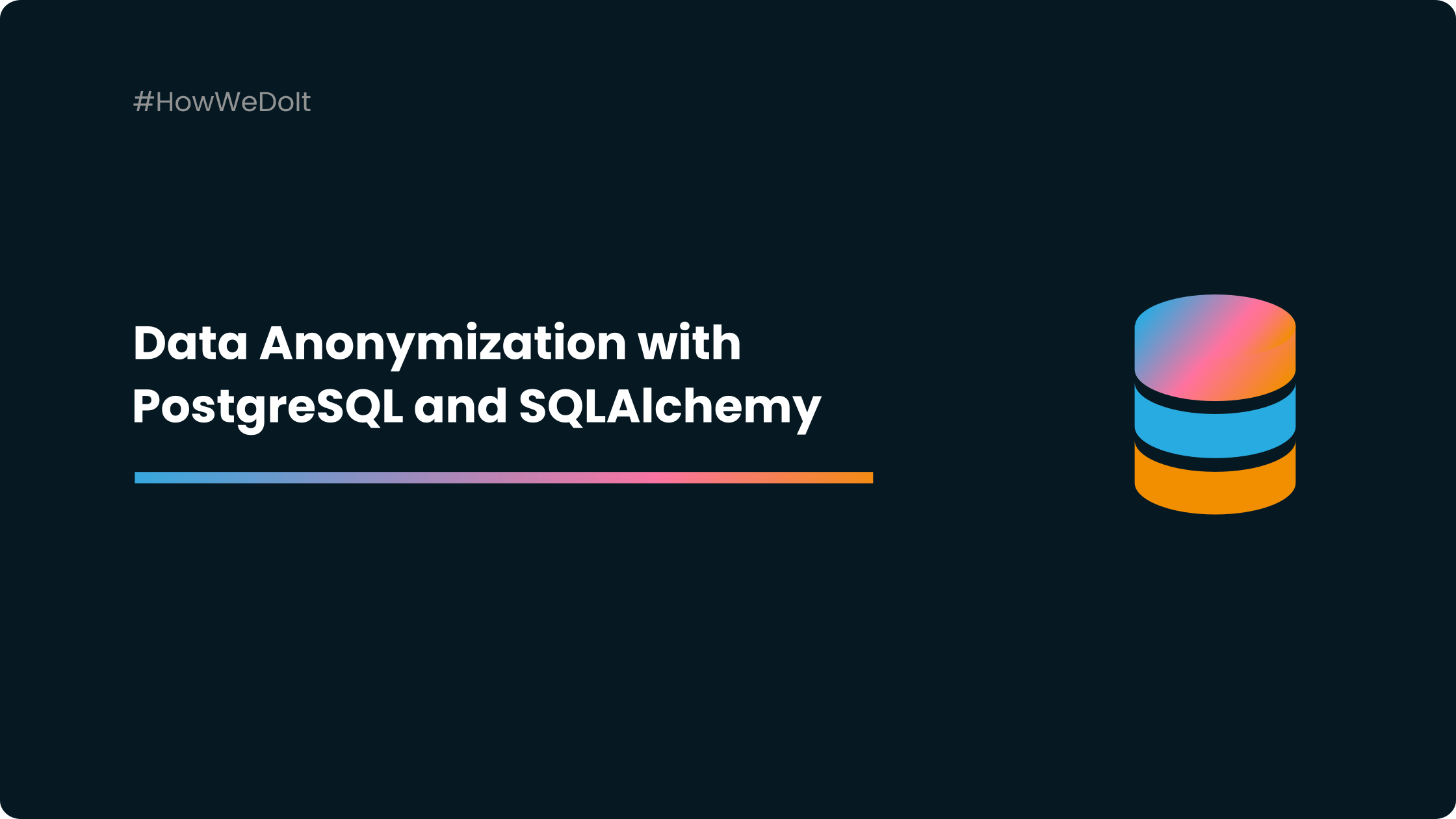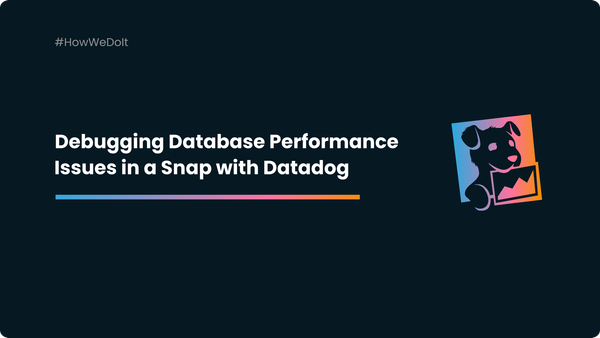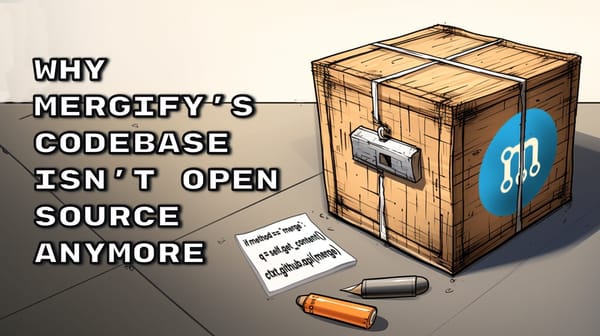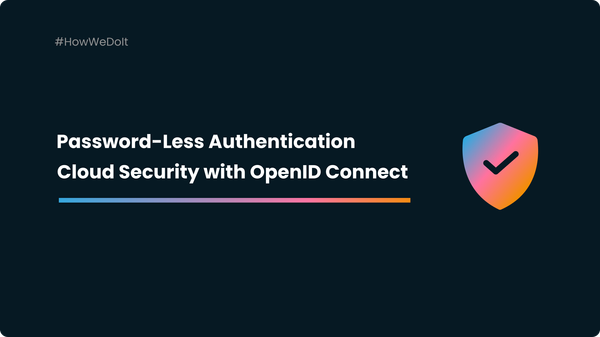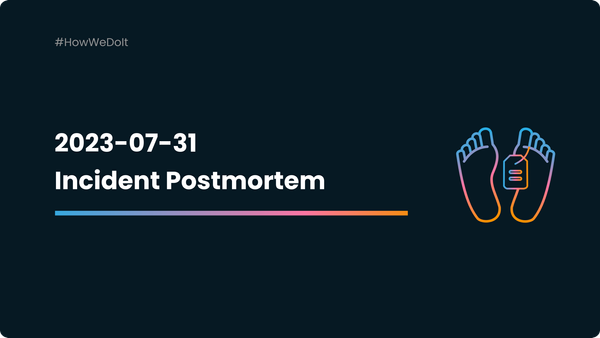
How We Do It
Post-mortem for May, 16th 2025 incident
On May 16th, 2025, Mergify experienced a significant service disruption from 06:00 UTC to 09:51 UTC. This post-mortem outlines the incident's context, our response, resolution, and the steps we're taking to prevent future occurrences. Context Mergify's infrastructure is hosted on Google Cloud






